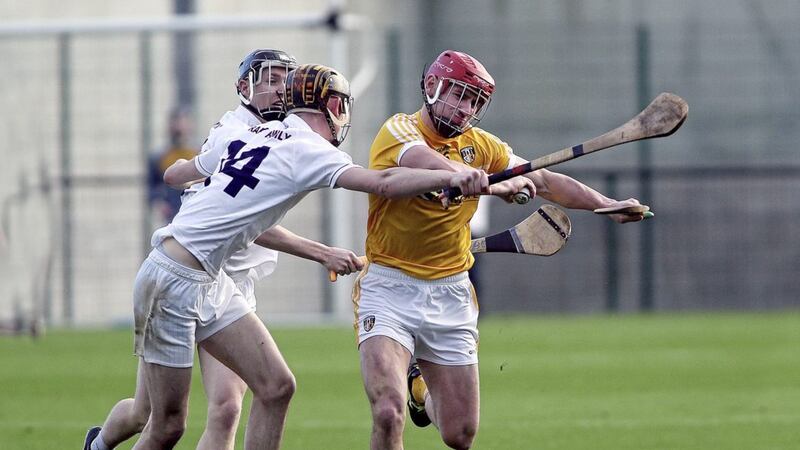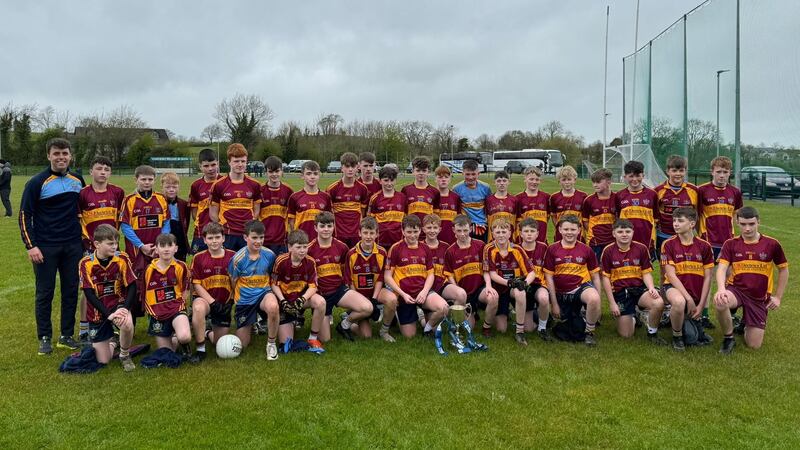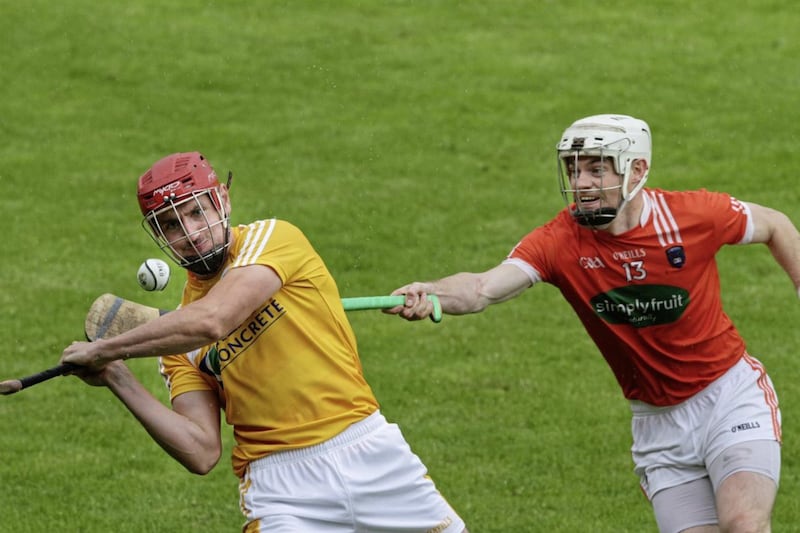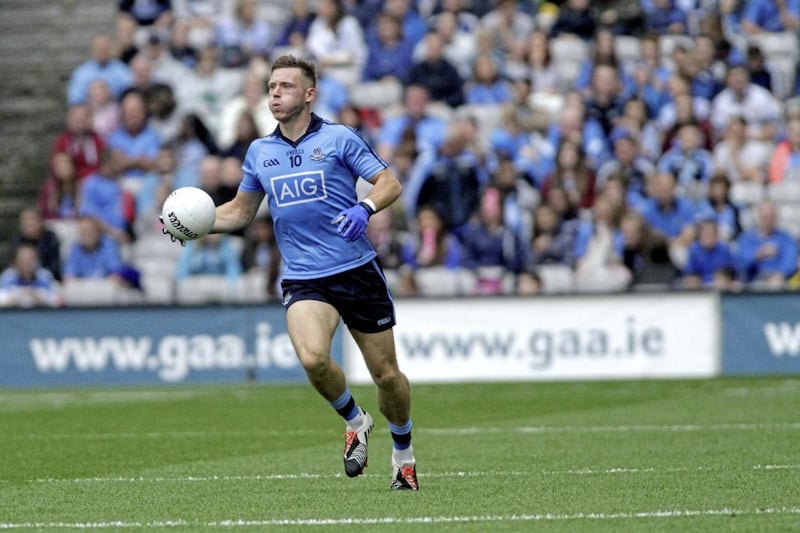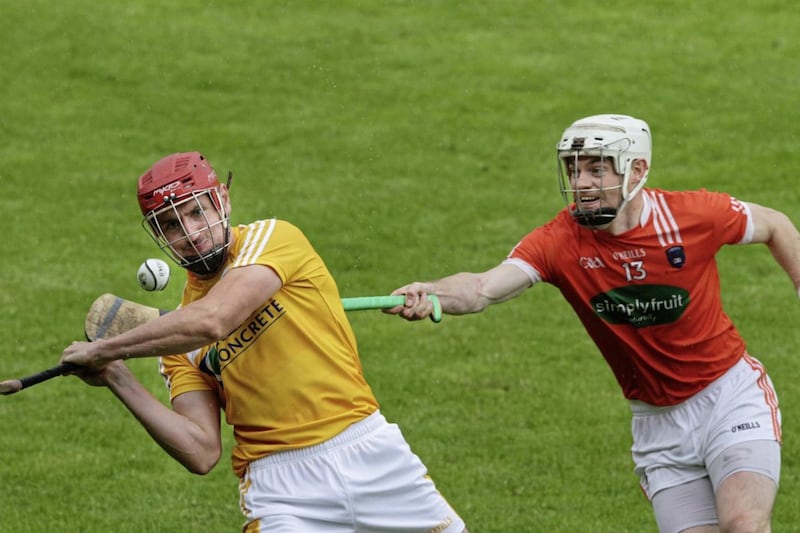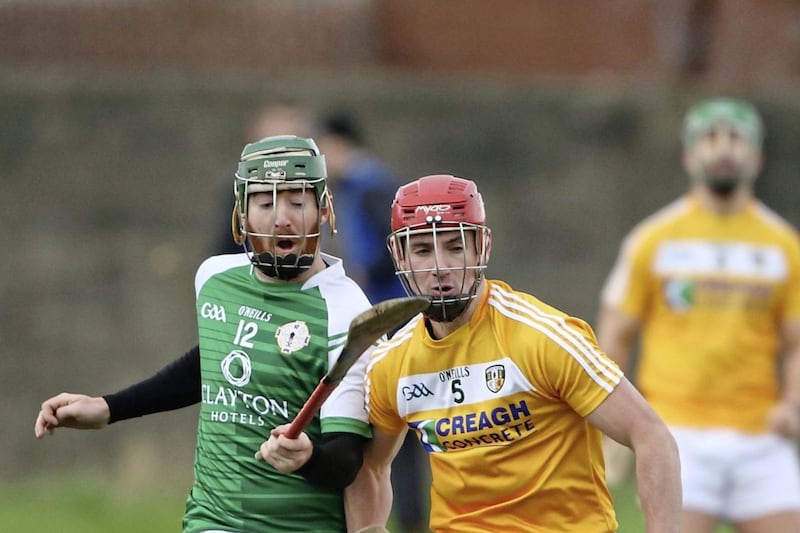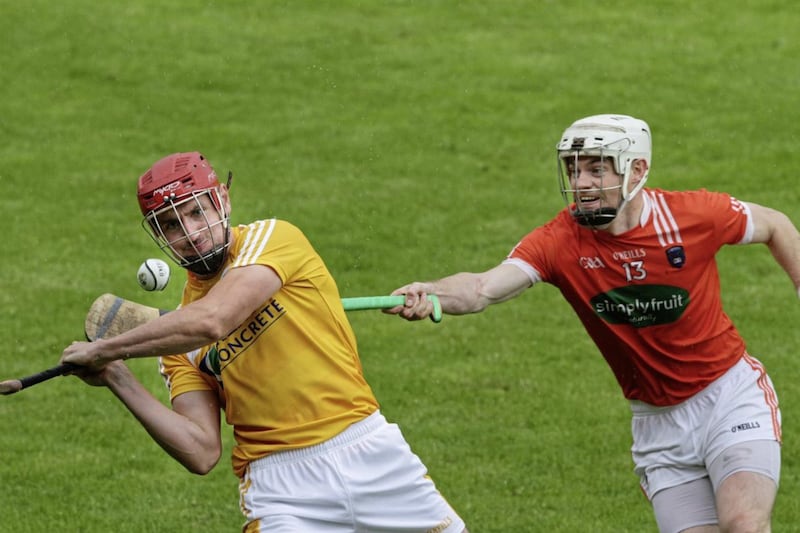ANTRIM senior hurler and Gaelfast coach Simon McCrory has warned of the mental and physical impact the continued ban on outdoor sports will have on children as lockdown is set to stretch into March – and called for a more creative approach to get the kids back playing in some guise.
As part of the GAA-backed Gaelfast scheme – designed to reinvigorate Gaelic Games in Belfast and around other parts of Antrim - McCrory has been coaching P1 to P3 primary schoolchildren in the city.
But the physical and mental development of the children has been badly hit by the pandemic. Due to school closures in December, all 12 Gaelfast coaches have been placed on furlough for a second time.
Children have lost out on seven to eight months of sporting activity since the pandemic hit last March.
When the first lockdown ended and the Gaelfast coaches were allowed back into schools, for what turned out to be for just six weeks between the end of October to December, McCrory had noticed a major deterioration in the physical well-being of the young pupils.
“We were back in week one and you could tell the kids had been locked down,” McCrory explained.
“Their movement was terrible. The last time we saw those kids was back in March, so there was about six months of a gap and I’d seen a huge difference in their movements and the fundamentals: agility, balance, co-ordination, jumping, they were just really heavy limbed.”
He added: “What was interesting, after a four-week block it was slowly coming back to them and we were seeing an increase in their movement and spatial awareness, their handling skills, throwing and catching, but more importantly they were buzzing to be back every week.”
Although the Gaelfast project is only a couple of years old, McCrory has been working as a paid coach of Antrim GAA for much longer, and never witnessed the levels of enthusiasm after lockdown ended for children.
“The kids were like coiled springs, to be honest, the enthusiasm, the fun. You know, I’ve been going around the schools for a good wee while and I’d never seen such enthusiasm from kids in all my life.
“They were just eating out of the palm of your hand and it just shows the importance of exercise. I was getting feedback from the teachers and they said the kids were constantly asking when is the coach coming back in…
“We were back for about six weeks and you saw the benefit of it, the smiles on their faces, the craic they were having, the teachers were loving it too.”
In October, the Gaelfast coaches returned to the schools in very different circumstances. The training sessions – which were on top of their PE lessons – had to be conducted in a socially distanced manner, which was a challenge in itself to manage.
McCrory also felt there was very little risk associated with the type of training the children were engaged in.
“Everything we did was socially distanced and it was non-contact,” the St John’s man explained.
“There was still plenty of physical literacy and ball-handling skills. I was a wee bit worried about keeping it socially distanced, but you try and use your imagination.
“I would have told the kids to pretend they had a bubble around their body and don’t let it pop. Or I would have put them into their own wee squares and given them their own activities.
“Then for it to be locked down again – which probably needed to come – it was really disappointing. From the work I did before Christmas, in terms of risk, I didn’t feel there was much at all.
“Now, I wasn’t getting tested every day but it was all outdoors, it was all distanced, I didn’t feel at risk. I would love to see it opened up again for the kids because they need it.
“From working with the teachers, the classroom assistants and coaches, we weren’t having any positive [Covid] tests back. So maybe there has to be something done to phase this back because those kids are our future, they don’t deserve to suffer for any longer than what they have.
“Can somebody come out and say: ‘Phase this back in slowly, let kids back to sport and outdoor facilities where they can train two or three times a week,’ and take it from there.
“We need to work around this where we can keep people fit and healthy while minding their mental health.”
More and more mental health champions are making their voices heard over the impact lockdown is having on children and young people.
“The knock on effects are if the kids are not going to be physically active and not playing sports, they’ll turn their interests to other things and they’ll have quite a sedentary lifestyle,” said McCrory.
“You’d imagine it’ll encourage them to go more onto their ipads and x-boxes. The benefit you get from exercise, whether you’re a child or an adult, the endorphins that it gives you, it makes you feel better.
“If you’re not doing that and you are sedentary, by nature, if you’re locked indoors, you’re not mixing with your coaches or your team-mates. Even as simple as: ‘Well, Charlie, how are you today?’
“It’s bound to have a negative impact on your mental health.”
